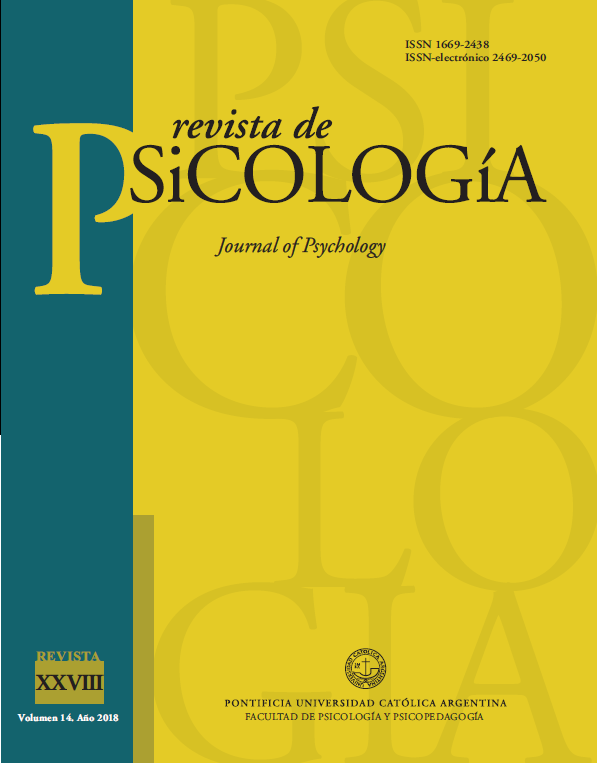The professional secret in the social professions: a brake on the well-being of the home attendants?
Keywords:
Social professions, professional secrecy, deontology, quality of life, social support, home help.Abstract
While the French population is aging, there is a development of home care services,
which responds simultaneously to two reasons: the lack of space in the institution and the desire of the elderly to stay at home. Home attendants or life assistants have the mission of accompanying people who can not perform their daily activities on their own (home, food, shopping, hygiene ...) as well as avoiding isolation. These trades, recognized as physically fatiguing, are also psychologically complex. Not only do they intervene with vulnerable people, they also access the privacy of their accommodation and consequently of their lives. In addition, their work is done in a certain isolation of their peers that can become oppressive. This work wants to give an account -in the first moment- of the problems that these professionals
find, mostly of women, often little or not qualified, through interviews and life stories about their trade and the way in which this is vivid. In a second moment, we
try to elaborate instruments directed to the managers that fit these teams with a view to improving accompaniment in the exercise of their profession. To approach this reality of these professions we have used cross methodology, qualitative in a first time and quantitative in a second moment. The unstructured interviews, which were conducted with about thirty of these professionals, confirmed the complexity of the job, in particular, in connection with the feeling of isolation, the relationship to illness and grief, as well as professional difficulties such as the relationship to time and the scarce financial and social recognition of his trade. We have deepened some of the results obtained in the interviews by means of a questionnaire administered to 90 home attendants and that addressed, in particular the question, "the relationship to the other", both in terms of availability and quality of exchanges and of support. The proposition made in this communication determines in an accurate way an element that agrees with the psychosocial problem, the question of professional secrecy, addressed repeatedly in the two phases of research, qualitative and quantitative. It was envisaged as indispensable by professionals, for many of the people assisted, in particular, it also allows them to gain their trust, facilitating work. However, we highlight a perverse effect of this need for discretion, which can lead home attendants to "say nothing" of their often difficult daily work when they question "doing their job well", or by the stress caused by delicate relationships with the beneficiary of the assistance, while they have little relationship with their peers, after a reflection on the framework and the effects of the "professional secret" on the health and quality of life of the attendees , we question ourselves about the links between the necessary deontology of the professions of the social and the need of social support to face the aversive situations the daily professional. The first results indicate an effect that limits the "sacred" of professional secrecy on access to social support as an adjustment strategy, and possibly "blaming" when professionals have the feeling of "talking or saying" too much. It also results from the first analysis a strong interindividual variability in terms of understanding what is (or should be) the concept of professional secrecy, which comes to parasitize both professional practice, personal well-being and perhaps even the essence of the profession.
Downloads
References
Bouquet B. (2012). Ethique et travail social: une recherche de sens. Paris. Ed. Dunod.
Bruchon-Schweitzer M., Quintard B. (2001). Personnalité et maladies. Stress, coping et ajustement. Paris. Ed. Dunod.
Bruschon-Schweitzer M., Dantzer, R. (1994) Introduction à la psychologie de la santé, PUF Paris.
Becker de, E., Chapelle, S. & Verheyen, C. (2016). Protection de l’enfant, pratique de réseau, secret professionnel partagé:
Trois notions à considérer dans les situations de maltraitance. Perspectives Psy, vol. 55, (4), 267-276.
Disquay, S., & Egido, A. (2013). La souffrance émotionnelle des personnels d’intervention : résultats préliminaires de l’étude sur la santé et la qualité de vie au travail dans les métiers du secteur
de l’aide et du soin à domicile. Revista de Psicología, 9(18), pp. 51-65.
Disquay S., Egido A. (2013). « Soutien et Qualité de vie dans le secteur du maintien à domicile : analyse des éléments porteurs de la souffrance émotionnelle chez les aides à domicile ». Communication présentée au IVème congrès International
de Psychologie de la FIUC, Buenos Aires, 10 avril 2013.
Disquay S., Egido A. (sous presse) «La souffrance émotionnelle vécue par les professionnels d’intervention : résultats préliminaires de l’étude sur la santé et la qualité de vie au travail dans les métiers du secteur de l’aide et du soin à domicile», Psychologie internationale, pratiques et recherche.
Folkman S., Lazarus R.S., (1988) Ways of coping questionnaire, Research edition, Palo Alto, Consulting Psychologists Press, In GRAZIANI P., SWENDSEN. J. (2004) Le stress : émotions et stratégies d’adaptation.
Ennuyer B. (2003). « Les aides à domicile: une profession qui bouge », Gérontologie et société 1/2003 (n° 104), p. 135-148.
Hennion-Moreau, S. (2015). Le partage du secret professionnel dans le secteur social et médical. Revue de droit sanitaire et social, Sirey, Dalloz, pp. 393-471.
Lazarus R.S., Folkman S. (1984) Stress, appraisal and Coping. New York. Springer publishing.
Loones A., Jeauneau P. (2012). «L’organisation du métier d’aide à domicile: entre autonomie et isolement professionnel». Dossier Santé et Solidarité de la DREES.
Paulhan. I. (1992), Le concept de coping. In: L'année psychologique. vol. 92, n°4. pp. 545-557.
Paulhan I., Bourgeois M. (1998) Stress et coping : les stratégies d’adaptation àl’adversité.
Rascle N., Aguerre C., Bruchon-Schweitzer. (1997) Soutien social et santé : adaptation française du questionnaire de soutien
social de Sarason, le S.S.Q. CahiersInternationaux de Psychologie Sociale, 33: 35-50.
Rosenczveig, J.-P., Verdier, P., Daadouch, Ch. (2016). Le secret professionnel en travail social et medico-social. 6ème edition, Dunod.
Downloads
Published
How to Cite
Issue
Section
License















